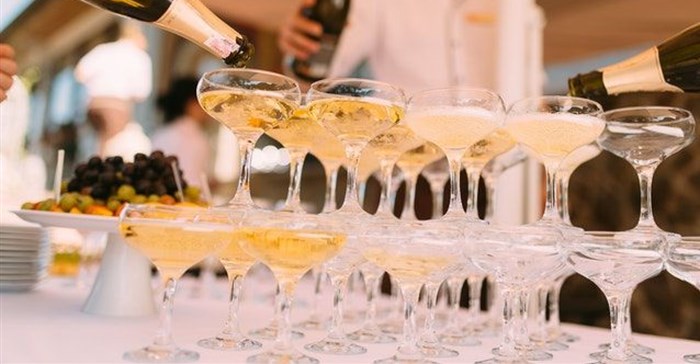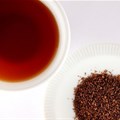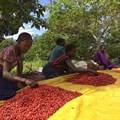In what can best be described as a robust and 'no bars held' move, Russia has declared that champagne producers must now include the designation 'sparkling wine' on their Champagne products manufactured for export to Russia.
To add insult to injury, only locally-produced (in Russia) sparkling wine manufactured according to the traditional champagne method (but not in Champagne, France) may feature the designation 'Shampanskoye', (the Russian word for the French word 'Champagne') on their labels.
This move, which has been the subject of both criticism and praise, both in Russia and beyond, has been seen as a move toward protecting local producers of sparkling wines products. However, as a fiercely protected indication of geographical origin, French champagne producers are, to say the least, unimpressed by this move. And, in response to this new law, several French Champagne producers ceased their Russian exporting activities.
Purpose of geographical indications
Geographical indications, also known as appellations of origin, are used to inform consumers that the product being purchased was grown or produced in a particular region and, as such, possesses certain qualities unique to the relevant locale.
Our great and proudly South African example of a protected indicator or geographical origin is Rooibos. When this indication is included in a label, it informs the consumer that the agricultural product, identified as aspalathus linearis, has been grown in the Cederberg in the Western Cape, according to an identified standard. In much the same way, Tequila informs the consumer that the spirit so labelled originates from the Tequila region, in Mexico, according to the specified standard.
The purpose of geographical indications and their protection is to ensure that consumers are not misled as to the nature, quality, character and origin of the goods bearing the relevant indication.
Naturally, the potential for consumers to be misled arises, for example, when the indication for Rooibos is applied to an agricultural product identified correctly as aspalathus linearis but grown in Johannesburg or in Champagne in France. Since climate and soil conditions (for example) in Johannesburg and Champagne are not the same as the climate and soil conditions in the Cederberg, the true character of Rooibos may be lost.
Samuel Samiai Andrews 24 Feb 2021 Indications of geographical origin are protected under the Agreement on Trade-Related Aspects of Intellectual Property Rights (the Trips Agreement) and, both Russia and France are signatories of the Trips Agreement.
Speculation regarding the French Champagne producers next move, which may involve an objection based on aspects of the Trips Agreement and the protections afforded to indications of geographical origin thereunder, is rife and it will be interesting to see what happens next.







































